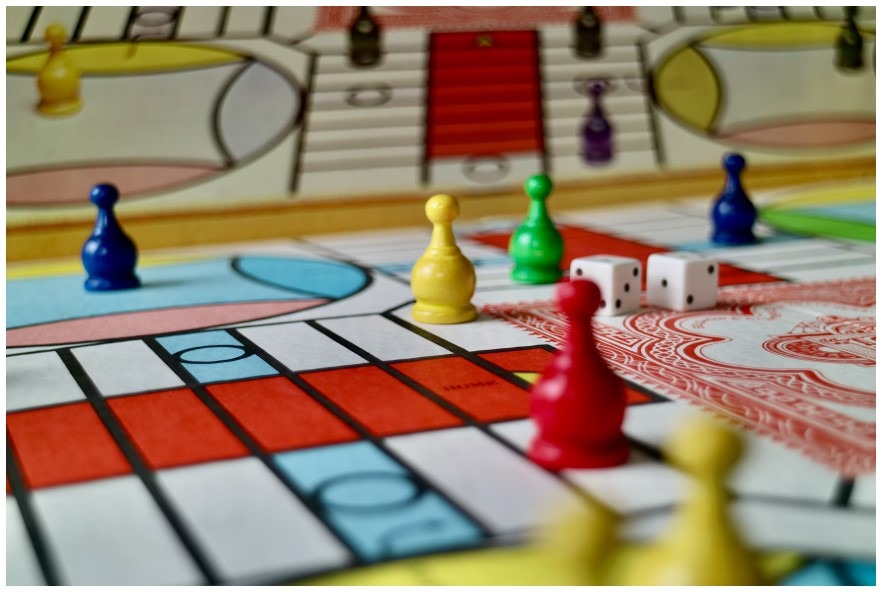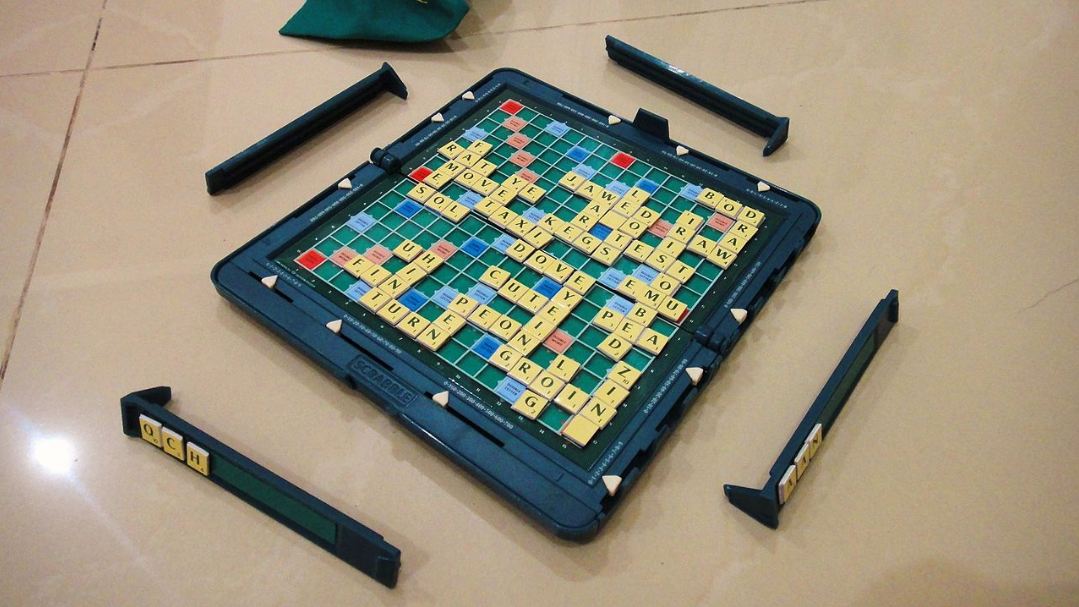It is about time that we bust the ridiculous myth that homeschooling is always dull. Studies show that homeschoolers can be pretty engaged in learning in the comforts of their home. To achieve this, however, parents as their kids’ educators must equip themselves with the necessary skills such as creativity, aside from sheer determination and a reservoir of patience.
Unlike the mainstream education system, homeschooling is quite flexible, pupil-centered, and pace-friendly. Without the clutches of a standardized curriculum, homeschoolers can freely demonstrate their learning abilities in a much comfortable and pressure-free manner. Parents can absolutely have the creative freedom to educate their kids; learning from board games is an example.
Can homeschoolers benefit from board games? First of all, it shouldn’t even be a question. Board games are tabletop games that can be both fun and educative at the same time. Homeschoolers can learn tons of cognitive, emotional, and social skills simply by playing habitually with the family.
Still unconvinced? If so, read on below as we share with you the benefits of playing board games to homeschoolers.
Board Games Enhances Your Kid’s Cognitive Skills
Zero to eight years are considered the formative years of children. During these years, massive changes happen to the physical, emotional, intellectual, and social aspects that will dramatically impact them later in their lives. Homeschoolers of this age bracket can enormously benefit from playing even the simplest board games.
For example, teaching your homeschoolers the board game Scrabble can boost their language acquisition. Playing chess with them after hours of homeschooling further hones their logical thinking skills and chess can also become a favorite hobby as well. Moreover, learning from board games like the Game of Life practices their decision-making skills which will help them later in real-life challenges.
Homeschooling becomes extra fun if we incorporate a little bit of competition. Homeschoolers are naturally drawn to contests and automatically switch to ‘game mode.’ This ‘mode’ allows the kids to think critically and use their mental abilities in pursuit of winning.
Playing Board Games Allows Emotional Response
You may assume that board games are nerdy stuff and pretty passive activity. But, board games are still games that can trigger an emotional response from your homeschoolers. Emotions are a crucial aspect of human nature that needs to be developed and nurtured. Learning about them through board games is not that bad after all.
Playing board games with your homeschoolers allows for an expression of emotion. It becomes more effective if you strike a conversation that correlates the game to real life. For instance, a board game called Risk, a kind of war game can be your springboard to homeschooling your kids about compassion and the value of peace.
Another advantage of learning from board games is that they subtly build the homeschoolers’ confidence in every small win they achieve. Kids (and even adults) naturally take pride in winning, and they quickly get hyped to the sense of competition that board games foster. This way, you can instill the value of a healthy competition, where dignity is more important than actually winning.
Homeschoolers Practices Their Social Skills through Board Games
Many people say that homeschooling can deprive kids of their social life. While this narrative might be true to some, in reality, homeschoolers still have several opportunities to hone their social skills. It becomes essentially efficient with the creativity of the parents.
Kids can improve their social skills through conversations with family members while playing board games available at your home. It would help if parents allowed themselves to be highly receptive to even the littlest things that the kids say. As the adage goes, if you don’t listen to the little things kids tell you, they won’t tell you the big stuff later.
Further, homeschoolers can learn from board games the ability to probe, investigate, and question. These crucial social skills will aid them in surviving the unpredictable and deceptive world of adulthood. The board game Clue is an example of such a board game that enhances these skills.
CONCLUSION
Learning from board games is incredibly beneficial to homeschoolers. Board games are not only enjoyable and engaging, but they open opportunities for homeschoolers’ holistic development. However, board games can be ‘bored games’ if the parents lack the necessary energy and enthusiasm to make things work.
Playing board games is not only an excellent time killer, but they also have their educative value. It is essential that even while playing board games, we subtly impart valuable lessons to the kids, may it be facts about the world or life lessons. The most critical part is the conversation you will have with them.
At the end of the day, board games are just tools. No tool nor technology can substitute your role as your kids’ educator. Hence, it is your call to provide them with an excellent learning environment, even only in the comforts of your home.

